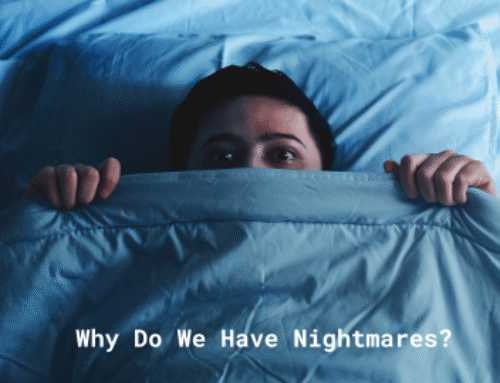Depression is a very common disorder affecting millions of Americans, typically between the ages of
15-44.
Depression is also not one size fits all. Symptoms can vary from person to person, and degrees of
severity of those symptoms can vary from person to person. Since depression affects individuals
differently it can be difficult to figure out what is the best treatment option.
For decades the traditional methods of treatment have been mental health counseling, such as
cognitive behavioral therapy, and/or medication. For some, these treatments don't work, or it's a
long drawn out process of trial and error. In fact, approximately two-thirds of people with
depression don’t get adequate relief from the first antidepressant they try. Fortunately, there is a new
method of treatment available – one that is non-evasive and has been proven to be highly effective.
Transcranial magnetic stimulation, or TMS, is a noninvasive form of brain stimulation. TMS is a
device that operates from the outside of the body. The device applies a strong magnetic force to
specific areas of the brain that are known to be involved in depression. The magnetic fields are the
same type and strength used in a magnetic resonance imaging (MRI) machine. A TMS machine
produces small electrical currents. These currents activate cells in the brain that are known to release
neurotransmitters.
Anti-depression medications are designed to do the same thing – release neurotransmitters.
However, as stated, this does not always work the way it's intended. Which makes TMS an excellent
alternative.
TMS is a treatment that does not require anesthesia and lasts anywhere from 20-50 minutes. Most
people require about 30 sessions over a 6-week time period.
While TMS isn’t totally free of side effects, they are typically mild. TMS patients will commonly
experience headaches, but they are rarely so severe they require more than over the counter
medication, such as Tylenol or Advil. These headaches are also short-lived.
Like any treatment, results vary. However, the greater part of patients who try TMS experience
positive results – either complete remission or a major decrease in their debilitating symptoms. Only
about one third of all patients have no results at all. It's important to keep in mind, that TMS is not a
cure, which is no different than any anti-depressant medication.
If you are someone who suffers from depression and has tried various methods of treatment to no
avail, TMS might be worth considering.
Currently, the FDA has only approved TMS for treating depression. However, evidence shows that
it is also effective at treating schizophrenia, attention deficit-hyperactivity disorder, and post-
traumatic stress disorder. Tests are still being done, but it may also prove effective to treat autism
and pain conditions such as fibromyalgia.



